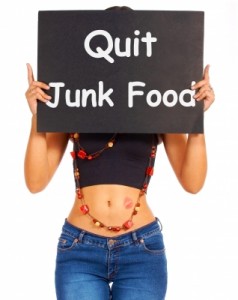It can sometimes be tough to detect if you or someone you know is coping with an addiction to food. It can be even tougher to decide if food addiction treatment is required. An addiction to food may not receive as much general attention as addictions to drugs or alcohol, but the health and life consequences can be just as severe.
On this page, you will learn about the signs and symptoms of an addiction to food, as well as what food addiction treatment options are available.
Food Addiction Treatment: Signs and Symptoms
Some battling an addiction to food may consume as many as 15-thousand calories in a single day. However, all cases are different and may not be so severe. Before deciding if you need to seek food addiction treatment, here are some common signs and symptoms:
• Eating to the point of illness
• Eating if you are no longer hungry
• Eating more than you planned
• Go to great lengths to obtain food
• Avoiding people and situations because of food
Another symptom of a possible addiction to food includes mood changes. Withdrawing from certain foods or quantities can lead to anxiety, depression, guilt and agitation.
Courses of Food Addiction Treatment
 Food addiction treatment can be very tricky. Unlike drugs or alcohol, food is necessary for survival, so completely abstaining from it is impossible. However, many of the food addiction treatment programs are similar to those used to care for people with a substance addiction. In fact, a 12-step program is a very popular course of food addiction treatment.
Food addiction treatment can be very tricky. Unlike drugs or alcohol, food is necessary for survival, so completely abstaining from it is impossible. However, many of the food addiction treatment programs are similar to those used to care for people with a substance addiction. In fact, a 12-step program is a very popular course of food addiction treatment.
Food addicts can choose to enroll in an inpatient or residential treatment program, in which they are monitored 24 hours a day, seven days a week. Generally more effective methods of food addiction treatment include an outpatient program, therapy and counseling, and support groups.

